By Hassoum Ceesay, The Gambia National Museum, Banjul
Introduction
One year since his demise, Gambians continue to pay homage to our elected Founding Father, as a democrat and champion of human rights and Gambians’ physical dignity. In the past 26 years, I have worked in the archives and has seen and read a lot about Jawara’s political career as Founder of the PPP(1959); Education Minister(1960-1961); Leader of the
Opposition(1961-1962); Premier(1962-1963); Prime Minister(1963-1970) and President of The Republic of The Gambia(1970-1994). This illustrious route has helped to put Jawara at the centre of Gambian political history. Future generations will surely remember him for this long record of selfless service to his people. I have been interviewed, and have written on this well known aspect of Jawara’s life.
In this article, however, I want to focus on a little known trajectory of Jawara’s life which we must no longer ignore or relegate to the endnotes, if we wish to really know why Jawara was a successful political leader: his scientific life. I want to dedicate the next 1000 words on this little discussed side of Jawara.
Jawara, FRCVS Jawara’s scientific life began at the prestigious Methodist Boys High School in Bathurst, where he gained his Cambridge Certificate in 1942 in the Sciences, and worked as a Dresser at the Royal Victoria Hospital in Bathurst. This was meant to prepare him for a career in the Sciences.
In 1945, he proceeded to Achimota College, another prestigious institution in Gold Coast to do his premed courses. In 1948, he matriculated into the prestigious Glasgow University School of Veterinary Medicine as the First African student. This institution was founded in 1862, and has always ranked as the best veterinary college in the UK.
At Glasgow, Jawara had to pass compulsory courses in biochemistry, physics, chemistry, math for him to proceed into his second year. He passed with flying colours in these basic scientific subjects.
In 1953, Jawara attained his BVSC degree in high mention and returned home to begin his career as a veterinary surgeon or cow doctor. He arrived in the midst of a rinderpest pandemic which threatened to wipe out the entire Gambian cattle population. In parts of the McCarthy Island Division, 78 per cent of cattle perished. Jawara, with assistants like Kaikai Sanyang, toured the country in 1953 and 1954 to put down the pandemic. They succeeded in stifling the rinderpest, and saved multitudes of Gambian herds. Mr. Sanyang who died in Brikama last year told me in an interview in 2014 how they managed to keep the vaccines in good order despite lack of ice block. ‘Now there is not a cow that does not know me personally in The Gambia’, Jawara happily told a friend after that successful anti-pandemic campaign. In 1955, Jawara went to do his post graduate course in Tropical Veterinary Medicine at the University of Edinburgh. He returned home in 1957, and was promoted Principal Veterinary Officer, the first Gambian to attain this rank. He was more qualified than his British boss, but because of colonial racism, he must have a lesser qualified dude as boss. In late 1959, Jawara completed his resignation formalities from The Gambia Civil Service to join politics.
In 1967, Jawara became a founding member, and later Patron, of the Commonwealth Veterinary Association. For many years, he served also as President of the Association. He also served in the Scientific Committee of the Association. His task included peer reviewing scientific articles submitted for publications into the Association’s highly respected and cited Journal called JVCA. In 1969, as Prime Minister, another rinderpest outbreak hit The Gambia. Jawara again put on his veterinarian’s coat and toured the country inoculating cows. There is a famous photo of him driving a needle into the nape of a cow at Jokadu to kick start the inoculation campaign.
In 1988, in recognition of his services to veterinary science and medicine, Jawara was inducted as a Fellow of the Royal College of Veterinary Surgeons (FRCVS) in July 1988. The FRCVS was founded in 1844 as the Regulatory organ of veterinary work in the UK. Being a Fellow is the apotheosis of scientific recognition among veterinarians.
Over decades, Jawara had declined an Honorary Fellow or Associate of the Royal College. He insisted on his membership be adjudged on its merit of scientific publications, engagements and community service. In a front page banner headline, The Gambia Onward newspaper of 11 July 1988 stated: ‘Sir Dawda Now A Fellow’. The story went on to say that Jawara’s ascension to a FRCVS ‘is the highest honour in the veterinary profession… and is a major achievement in the interest of the veterinary profession and livestock industry’.
Professor Vaughan, the President of the College in his Citation, stated that ‘during his long period of high office, Sir Dawda never lost touch with the veterinary field…. and has maintained keen interest and involvement with, the promotion of animal health and production’. Professor Vaughan also mentioned the creation of the ITC as another indication of Jawara’s continued interest in veterinary science.
Jawara created ITC
In 1982, Jawara helped to found the International Trypanotolerant Centre(ITC) at Bijilo in The Gambia as a tool for regional cooperation in livestock in West Africa. He wrote the scientific proposal before asking the Civil Servants to put the needed policy ideas into it. He then asked his old teacher at Edinburgh, Dr. Mortelsmann, to assist secure funding for the new institution. The ITC has helped to develop the Ndama cattle, resistant to sleeping sickness, a major success story in livestock development in Africa. Jawara delivered scientific papers at several ITC Conferences.
Jawara as Visiting Professor of Veterinary Science In May 1989, Jawara’s scientific career was capped with a Poppensiek Visiting Professor in International Veterinary Medicine at the Ivy League Cornell University in USA. According to the Cornell Chronicle newspaper dated 4 May 1989, ‘this was an appointment rare in international diplomacy’. Jawara presented a scientific paper titled ‘Animal Diseases as a Factor in Limiting Economic Development in Africa’.
In this well argued paper, replete with citations and notes, Jawara argued that one of the causes for underdevelopment in Africa was the neglect of livestock sector and the rampant diseases which afflict the livestock populations on the continent. He argued that corruption, resources exploitation and bad leadership are bad for African development, but also are the many diseases that decimate the livestock population. After the presentation, he got a standing ovation from the assembled faculty. Jawara spent two days lecturing post graduate students at Cornell on topics like: Cattle: Bovine Nutrition; Cattle: Bovine Reproduction and Cattle: Mastitis and Lameness.
His paper was published as a scientific paper in 1990 in a peer reviewed journal called Cornell Veterinarian, Issue Vol.80, pages 17-25.
Lessons
Jawara therefore maintained a solid scientific career even as President of our great Republic; like Nkrumah and Nyerere and Senghor of Senegal who were able to be political leaders and yet maintained rigorous academic lives. As a historian, I want to draw three lessons how Jawara’s scientific life complemented his political life.
First, it brought rationality in his governance style. Civil Servants who worked with him for example, remember how he insisted on evidence on the table, irrefutable evidence I mean, before taking decisions. His high score on upholding the Rule of Law can be attributed to the scientist in him that put premium on tangible evidence as the core of any human action. I will illustrate this with one example.
At one of his regular news conferences with the Banjul Press in early 1980s, Mr. Dixon-Colley, the consistent editor of The Nation asked Jawara about corruption at The Gambia Cooperatives Union. ‘Well, whenever you come here, you ask me about corruption here and there. Bring me the evidence. I will send it to the Police and they will do their work. Because we see a Gambian building a house or riding a new car, we say corruption? Bring the evidence, we will act. That is how we run this country,’ Jawara retorted. Dixon-Colley persisted and reframed his question still talking about corruption. Now, Jawara was getting agitated. The newly appointed Press Officer at OP, J. Saidy cut in and asked Baboucarr Gaye of AP to ask the next question. (Aptly, Baboucarr’s question was on Jawara’s impending visit to Baghdad to meet with the Iraqi despot Saddam Hussein, and thence to Tehran to meet the Mullah of the Iranian Revolution Ayatollah Khomenei. Jawara was sent by the OIC to bring an end to the notorious Iran-Iraq war) Second, Jawara legendary respect for human dignity can be linked to his professional calling ‘to protect animal health, relief suffering and promote public welfare’ as stated in the Oath of Veterinarians. Jawara respected the wholesomeness of the Gambian dignity and body just as his calling as a veterinarian required not to inflict pain and torture but to sooth.
Finally, Jawara’s work as a scientist also made him to be tolerant and democratic. Scientists, like all academics, feed on peer review, debate and healthy exchange of ideas in order to be able to publish research. Criticisms make academics/scientists grow. Tolerance of peers’ opinions, even if you do not agree, is a hallmark of a scientist.
All told, therefore, Jawara was a fine scientist who became a great political leader of our Republic. This is why I want to call him the Scientist-President.
Hassoum Ceesay, The Gambia National Museum, Banjul.

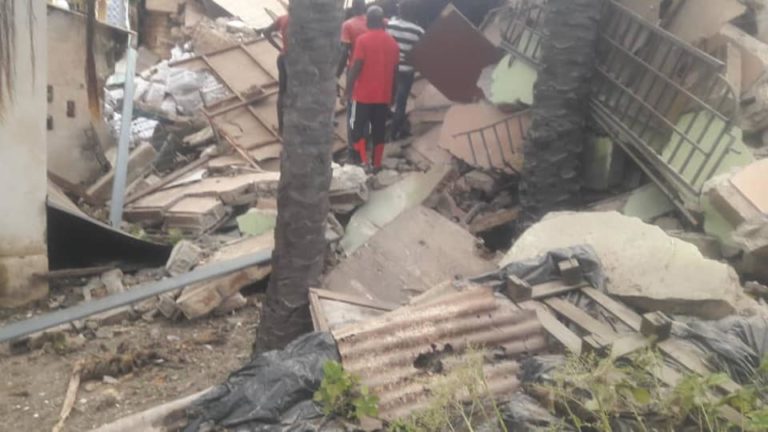
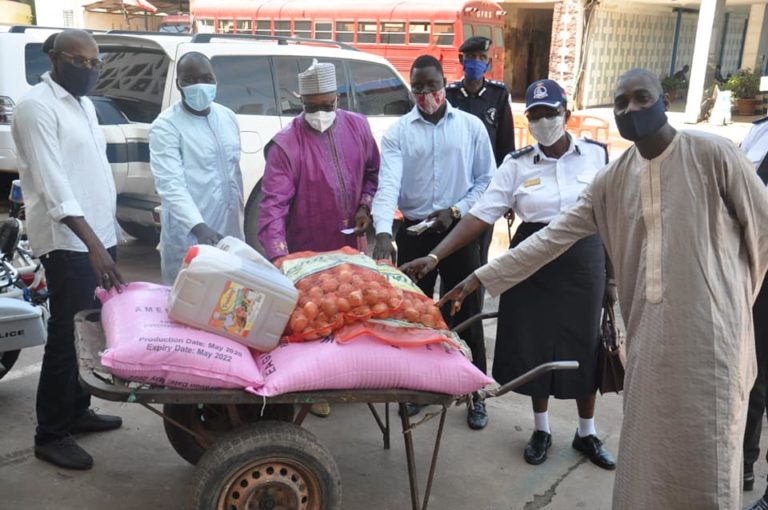
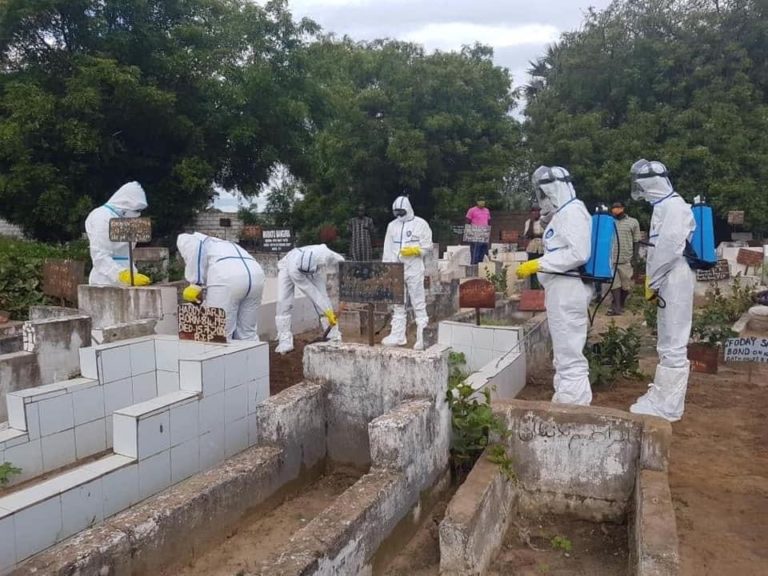
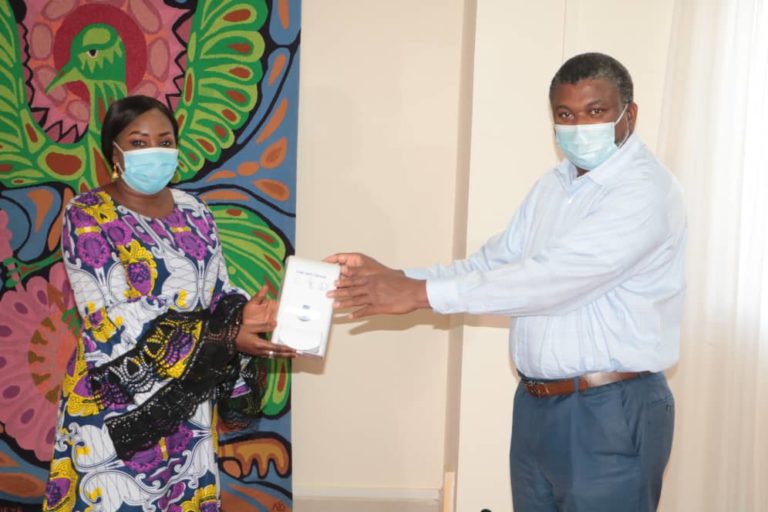
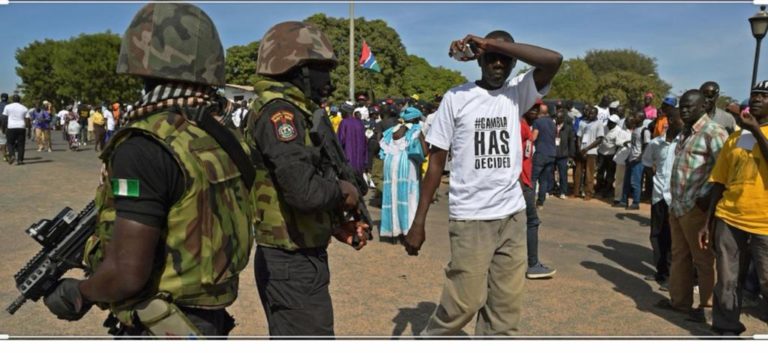
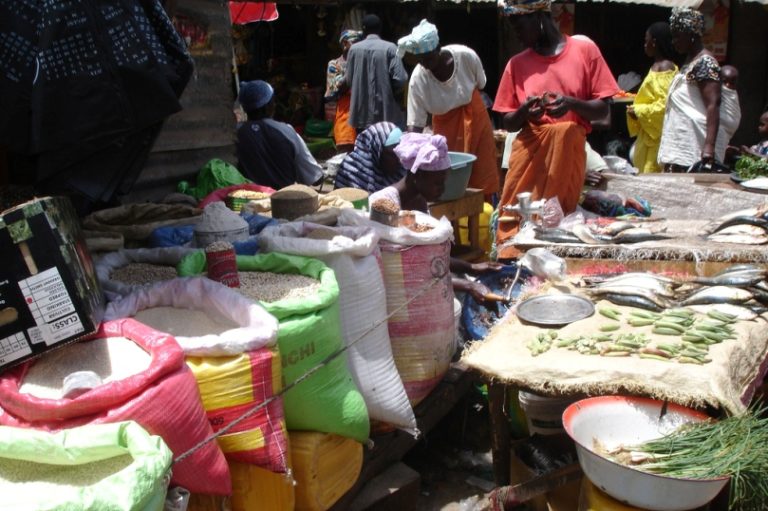
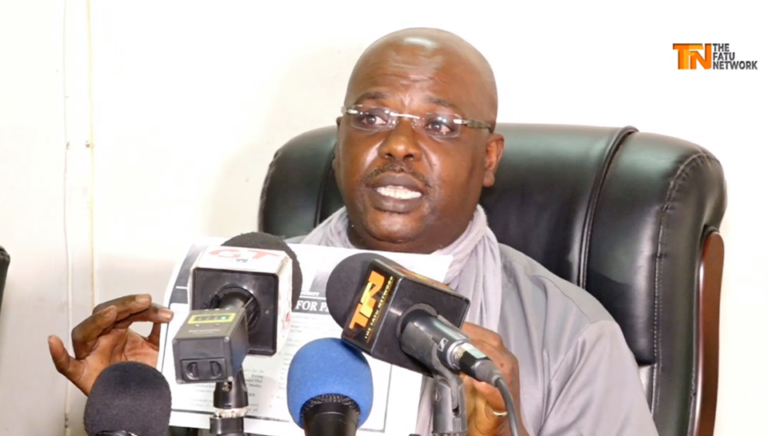
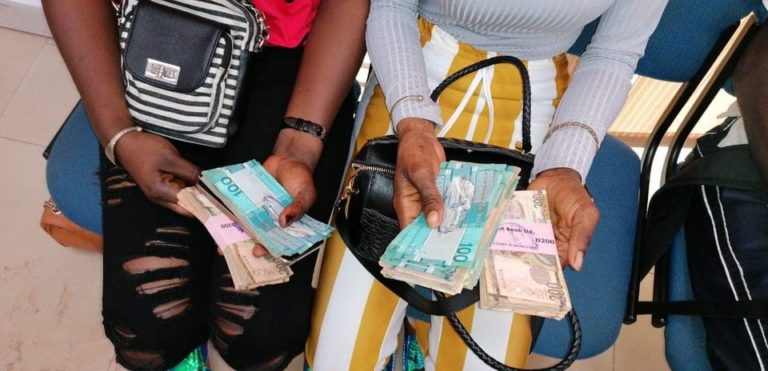
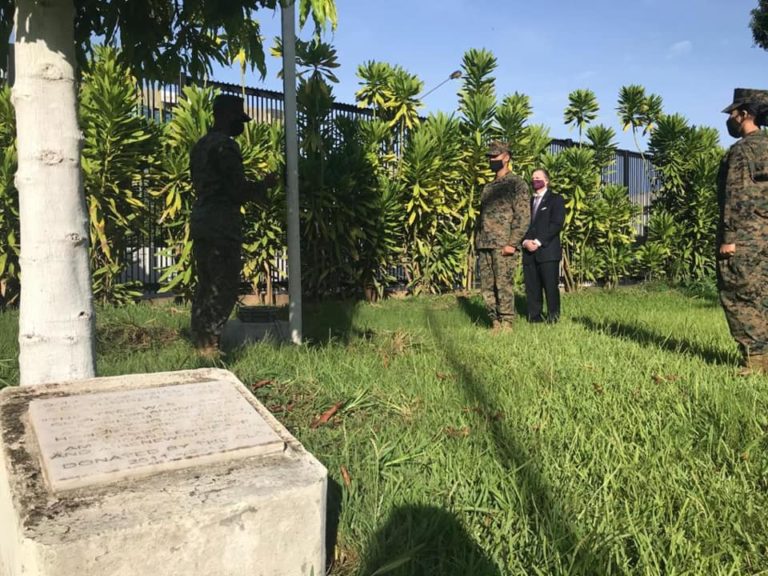
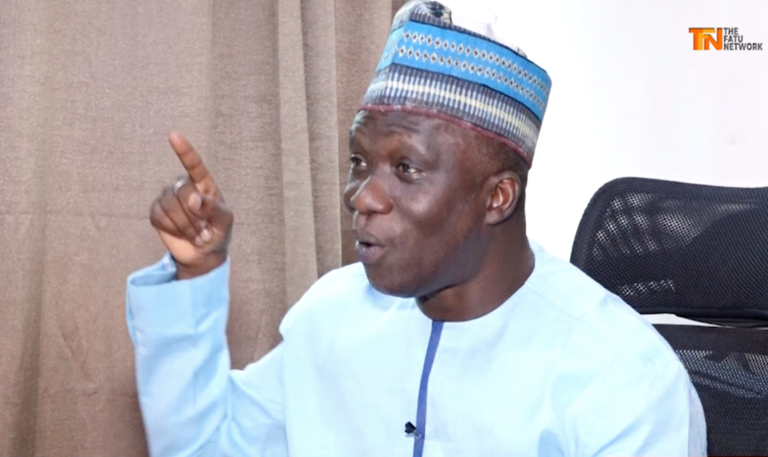
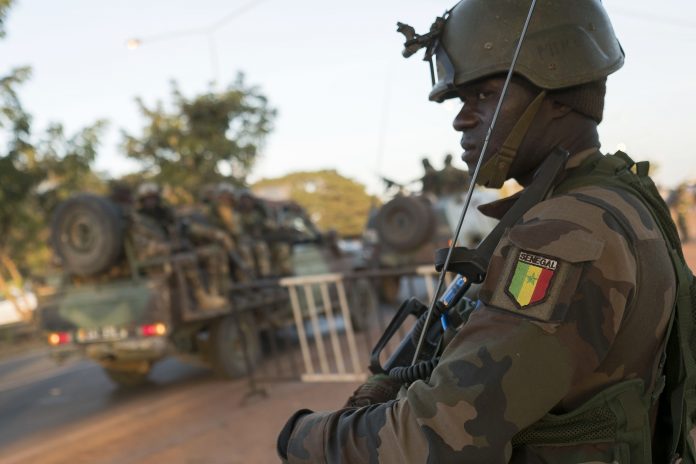
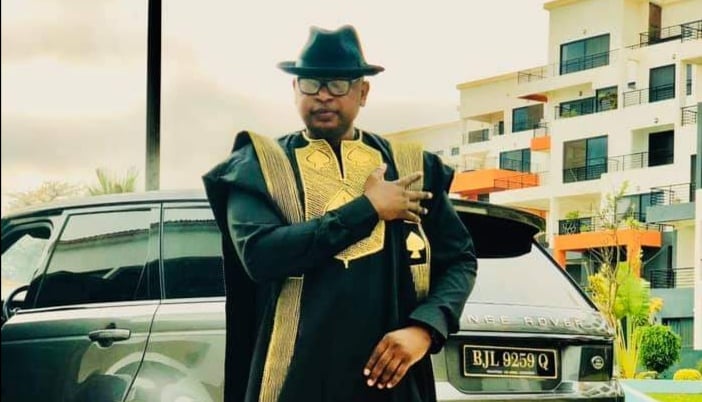
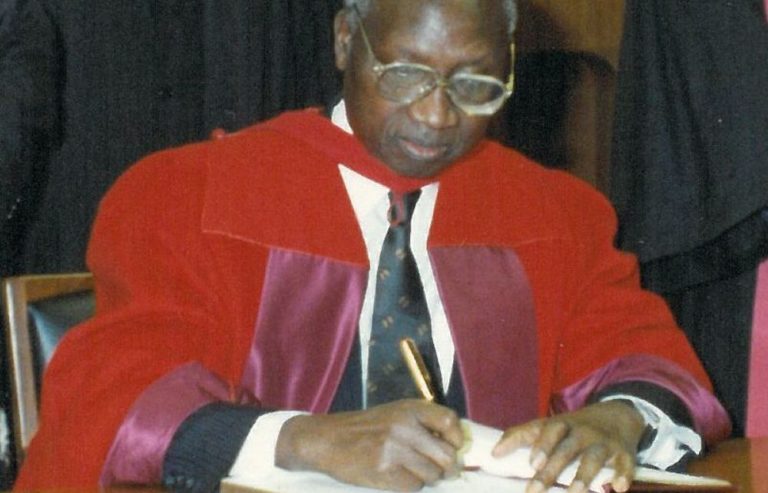
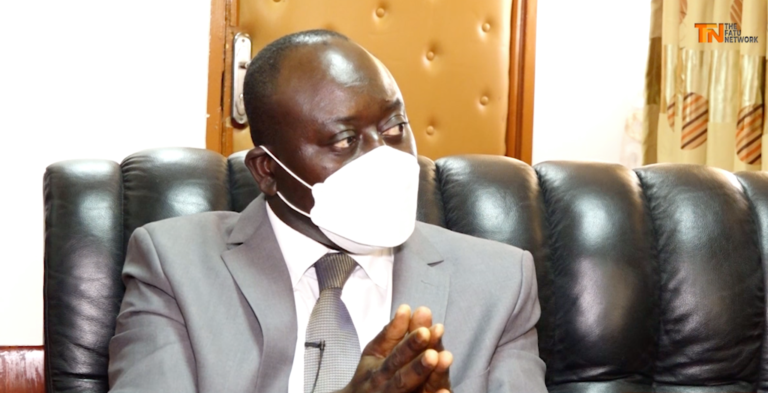
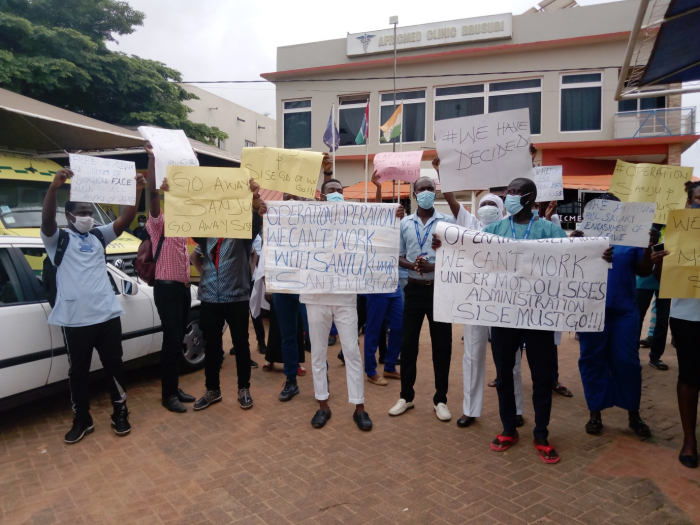
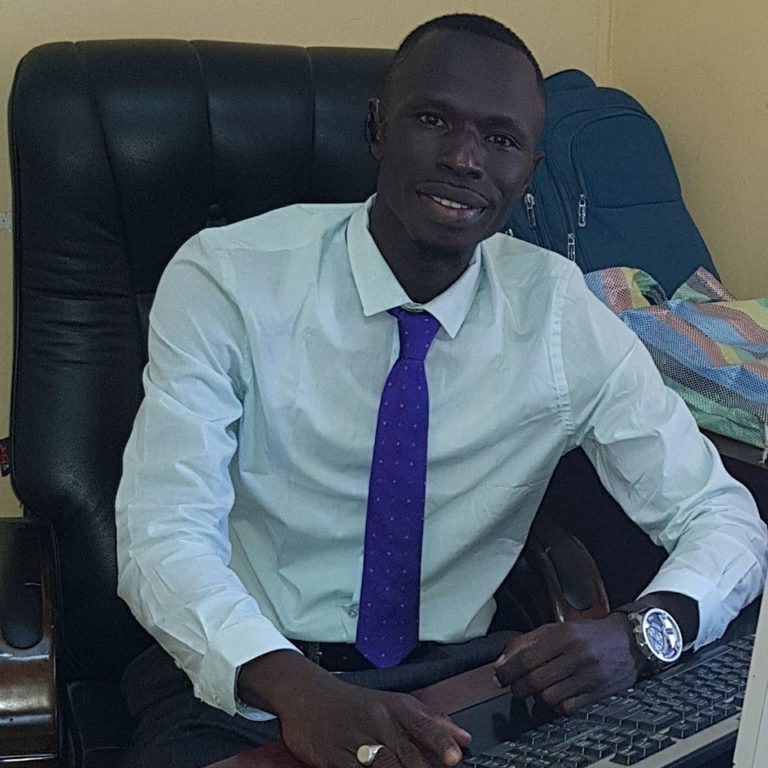
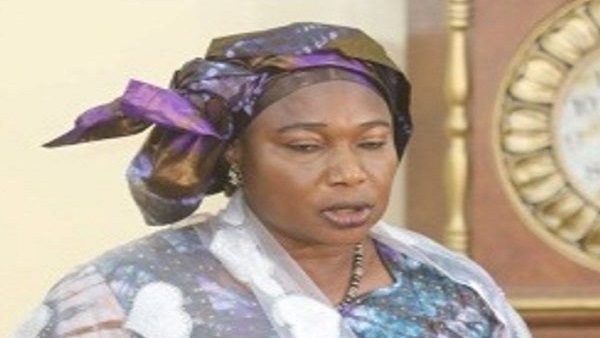

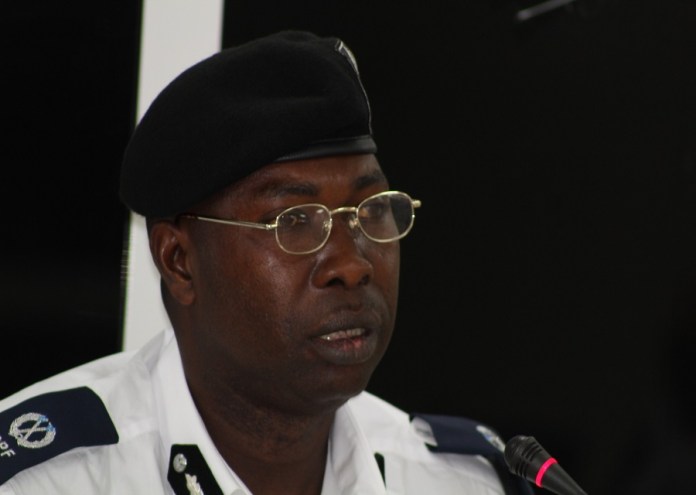
There is no Justification for ECOMIG’s Continued Presence in the Gambia
By Madi Jobarteh
The legal advisers of Pres. Barrow must guide him to know, first and foremost, that he needs to obtain the approval of the National Assembly to bring, maintain and extend the presence of foreign forces in the Gambia. The Constitution states in Section 79(1)(c) that while it is the responsibility of the President to negotiate treaties and other international agreements, the conclusion of such negotiation is subject to the approval of the National Assembly.
The presence of foreign forces in the Gambia is a matter of international agreement. Hence the President must follow the constitutional requirements to make such agreements stand. Therefore, the decision by ECOWAS leaders to extend ECOMIG’s stay in the Gambia cannot stand until Barrow takes the decision to the National Assembly to seek their approval first. Failure to do so would be unconstitutional hence the presence of ECOMIG in the country would also be a violation of the Constitution which is enough grounds to impeach the President.
One would have thought that Pres. Barrow would have the good sense to first go to the National Assembly to seek their approval before going to ask ECOWAS to maintain ECOMIG in this country. That would have been a demonstration of a sense of responsibility, respect for the National Assembly and submission to the dictates of the Constitution thereby enhancing the good governance of the country. But disappointingly, Barrow failed to do the responsible thing.
Secondly I find no justification why ECOMIG should continue to remain in this country. There is no security issue of any kind to justify their continued presence. Rather ECOMIG’s presence undermines the security sector reform thereby endangering national security as a whole. The evidence of that lie in the fact that until now no security agency has reformed to any satisfactory level. Therefore, I totally disagree with the President when he told ECOWAS leaders that disarmament and demobilization of troops was an issue in the Gambia. I disagree with him further when he also said that the security sector reform process is ongoing.
Disarmament and demobilization take place in a country that underwent actual armed conflict or civil war in which the national army was shattered with armed civilians and rebel groups all over the place and guns littering the space. This kind of situation has never been our experience in the Gambia. There is no situation where small arms are scattered around the country in people’s hands as it was in Sierra Leone or Liberia which went through an actual civil war. Even with the impasse, the Gambia army remained intact as one body. Some soldiers did flee immediately the Tyrant left but they never posed a threat as there was never an attempted incursion from 2017 to date. Therefore, what justification does Pres. Barrow has to speak about disarmament and demobilization.
What is obvious is that both the political leadership and the military/security leadership of this country are not interested in security sector reforms. This is why apart from promotions of officers the very structure, culture and modus operandi of the military, police, intelligence and prisons among others remained essentially the same as before. Therefore Pres. Barrow needs to be honest and take the necessary leadership to insist on his security chiefs to make reforms a reality.
It is almost four years now since Barrow took office and still there is no review of the Police Act, the NIA Act, the Prisons Act, the Immigration Act, Drug Control Act, the GRA Act or the Gambia Armed Forces Act. Security sector reform cannot kick off without first doing a review of the laws that established the security agencies in the first place. At the same time there has been no review of the state of affairs in the respective security agencies so as to understand their challenges, conditions of service, welfare and their needs. Such reviews are necessary to modernize and professionalize these institutions and bring them in line with international standards for security agencies in a democracy. It is this kind of assessments that will identify instances of corruption, abuse and weaknesses so that solutions are proffered.
I recall that it was in August 2017 that the Gambia Government established the security sector reforms steering committee comprising ministers and ambassadors of international partners. The committee went further to set up a 27-member technical working group which they said was meant to carry out a comprehensive assessment of the security and justice needs of the people and the state as the basis for the envisaged security sector reforms. Where is their report? What is the status of implementation? Clearly the reality indicates that no change has taken place so far.
Then in May 2019 the President appointed the former Minister of Justice Tambedou to become the new chair of this steering committee of ministers and ambassadors. Tambedou had since left yet no one hears about what this steering committee had done or is doing. Apart from that, we also have the Office of the National Security. Nowadays, one hardly hears about that office or what it is doing. Therefore, how can Pres. Barrow stand before his colleagues to tell them that his Government is undertaking security sector reforms? More seriously, why would Pres. Barrow generate self-inflicting fears, imaginary scenarios and false information just to try to convince ECOWAS of the need for ECOMIG’s continued and unconstitutional presence in the Gambia?
I wish to therefore call on the President to withdraw his baseless intention to maintain ECOMIG in the Gambia. Rather he needs to go to the National Assembly to respectfully inform them that he has canceled the presence of foreign forces in our country. For that matter the Pres. Barrow should undertake security sector reforms more vigorously with seriousness knowing full well that the presence of foreign forces undermines his connection with his troops and his ability to perform his duties as the Commander-In-Chief. He needs to hold security chiefs by the neck to ensure that they deliver on reforms ASAP!
Failure to do so, I urge the National Assembly to summon the President under Section 77(2) to put it to him that they do not approve of the presence of ECOMIG and order him to make sure that ECOMIG leaves the shores of the Gambia within 30 days. Failure to do so means the National Assembly is also reneging on its duties with great harm to the Republic.
The need and urgency for security sector reforms cannot be overemphasized. This is because the whole game of Dictatorship was about violence and fear in which security agencies are at the centre and front. Hence the transformation of the Gambia from Dictatorship to Democracy will be grossly inadequate so long as our security agencies are not transformed toward and in line with democratic norms and standards. Anyone who downplays security sector reforms will only serve to maintain the Gambia as a Dictatorship. The slow, if not the lack of security sector reforms so far is precisely the reason why this country cannot still witness system change, hence in our inability to bring about true democracy and good governance.
As citizens we must all raise our voices to demand both the President and the National Assembly to stand for the national interest by removing ECOMIG out of the Gambia ASAP.
For The Gambia Our Homeland